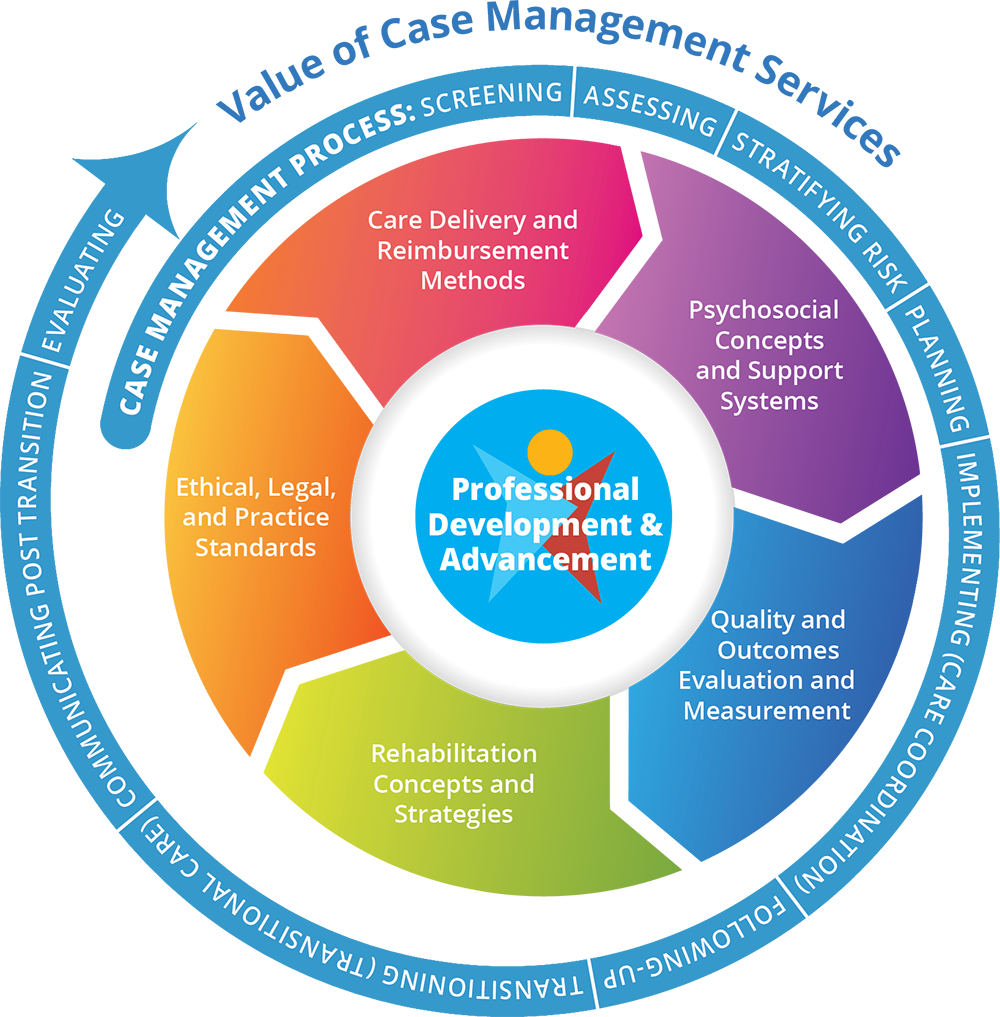User Login

- Ethical, Legal and Practice Standards
-
- Ethical Standards for Case Management Practice – Part I: Review of the CCMC Code of Professional Conduct for Case Managers
- Ethical Standards for Case Management Practice-Part II: Practice Considerations for the CCMC Standards for Professional Conduct
- Legal Issues and Professional Case Management
- Legal Issues Related to Case Management Practice
- Understanding Diversity, Equity, and Inclusion (DEI) in Case Management Practice
- Interventions in Case Management Practice to Amplify Diversity, Equity, and Inclusion (DEI)
- Care Delivery and Reimbursement Methods
-
- Case Management Concepts
- Principles of Practice
- Healthcare Management and Delivery
- Healthcare Reimbursement
- Communication Skills of the Case Manager
- Case Management Administration and Leadership
- Motivational Interviewing
- Transitions of Care
- Care Coordination
- Case Management Programs and Models
- Utilization Management
- Wholistic Case Management
